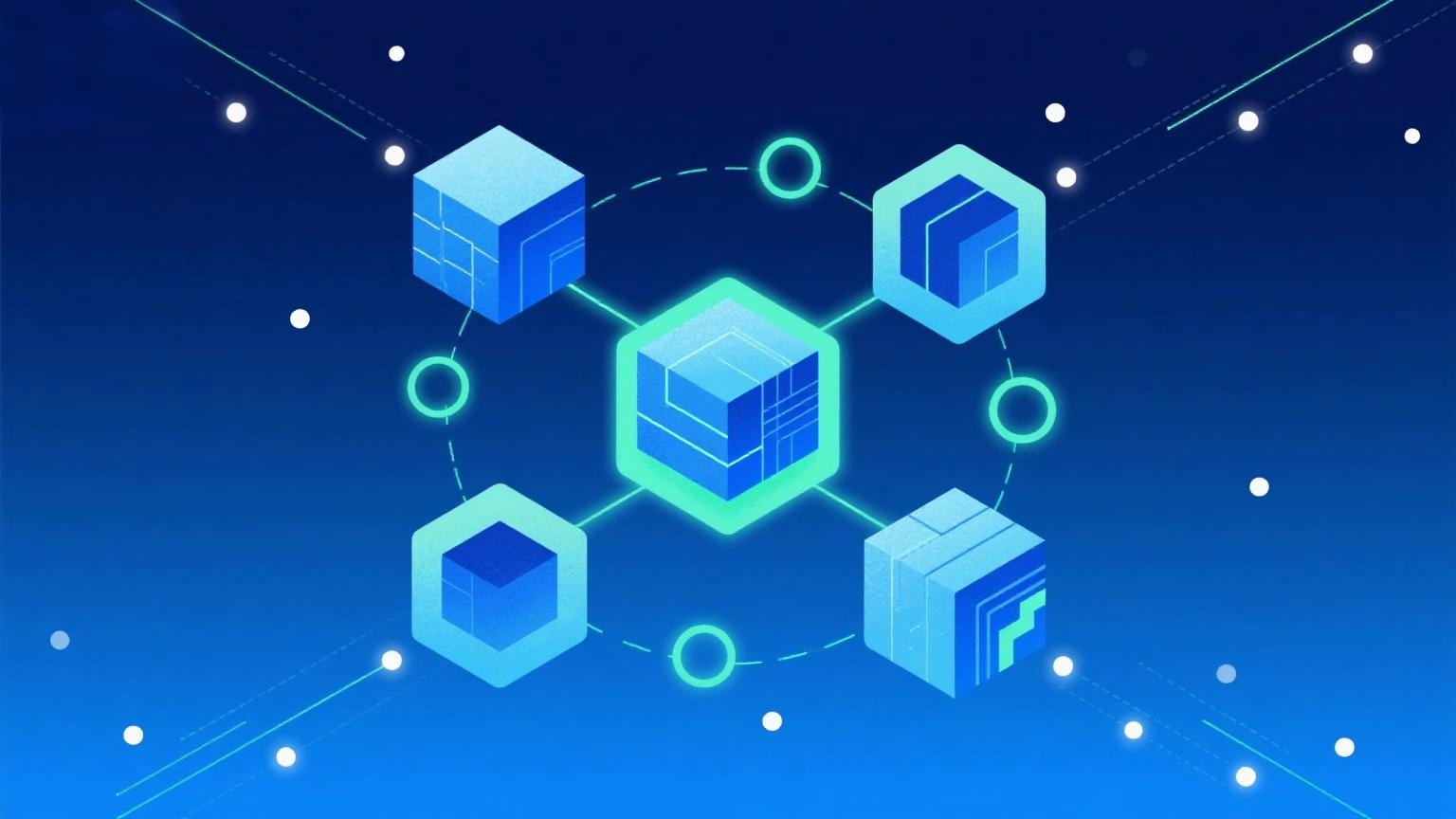
Composability in DeFi is made up of several indispensable components that form the pillars of its interoperability and modular nature. These include smart contracts, interoperability and token standards, lending protocols, APIs, and SDKs.
Self-executing code on the blockchain, known as smart contracts, serves as the foundation for many DeFi applications. The interaction between these contracts forms the base layer of composability.
Interoperability and token standards are also fundamental building blocks of DeFi composability. Standards such as ERC-20 and ERC-721 ensure the compatibility and interoperability of tokens and protocols, allowing tokens from different projects to be used interchangeably within the DeFi ecosystem.
Lending protocols are another critical component of DeFi composability. These protocols, such as lending platforms and decentralized exchanges, enable users to lend, borrow, or exchange assets. Due to composability, these protocols can interact with each other, creating features like yield farming, flash loans, and complex trading strategies.
In DeFi, application programming interfaces (APIs) and software development kits (SDKs) are essential for facilitating interoperability and accelerating ecosystem innovation. For example, software systems connect via APIs, enabling seamless communication. By standardizing access to various functions, they make it easier to integrate different protocols.
Moreover, SDKs simplify developers' work by providing pre-built tools and resources, making software integration and creation more straightforward. Essential modules such as wallet integration and smart contract interaction are included in these kits.
The synergy between these components allows protocols to be combined and stacked to create innovative financial products and services. This modular design fosters continuous innovation by enabling the seamless integration of different applications and functionalities, thereby expanding the utility and efficiency of the DeFi space.
















